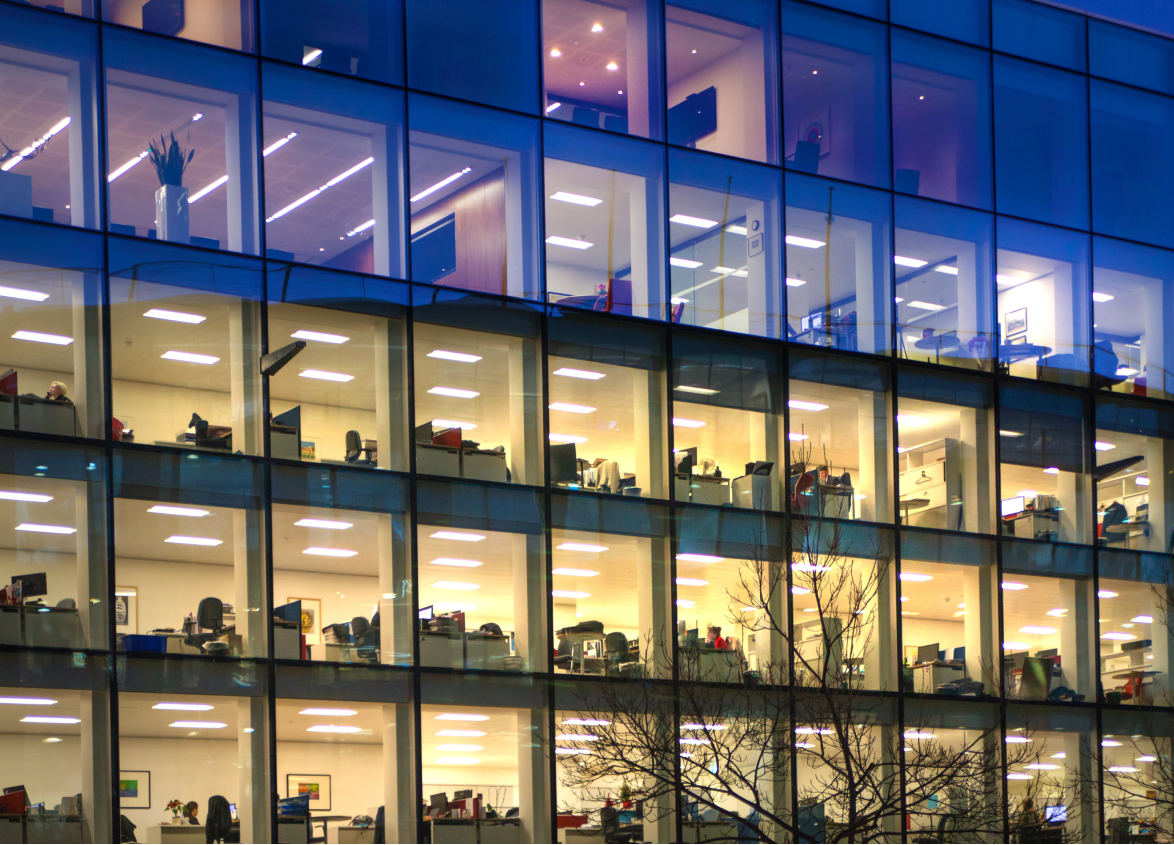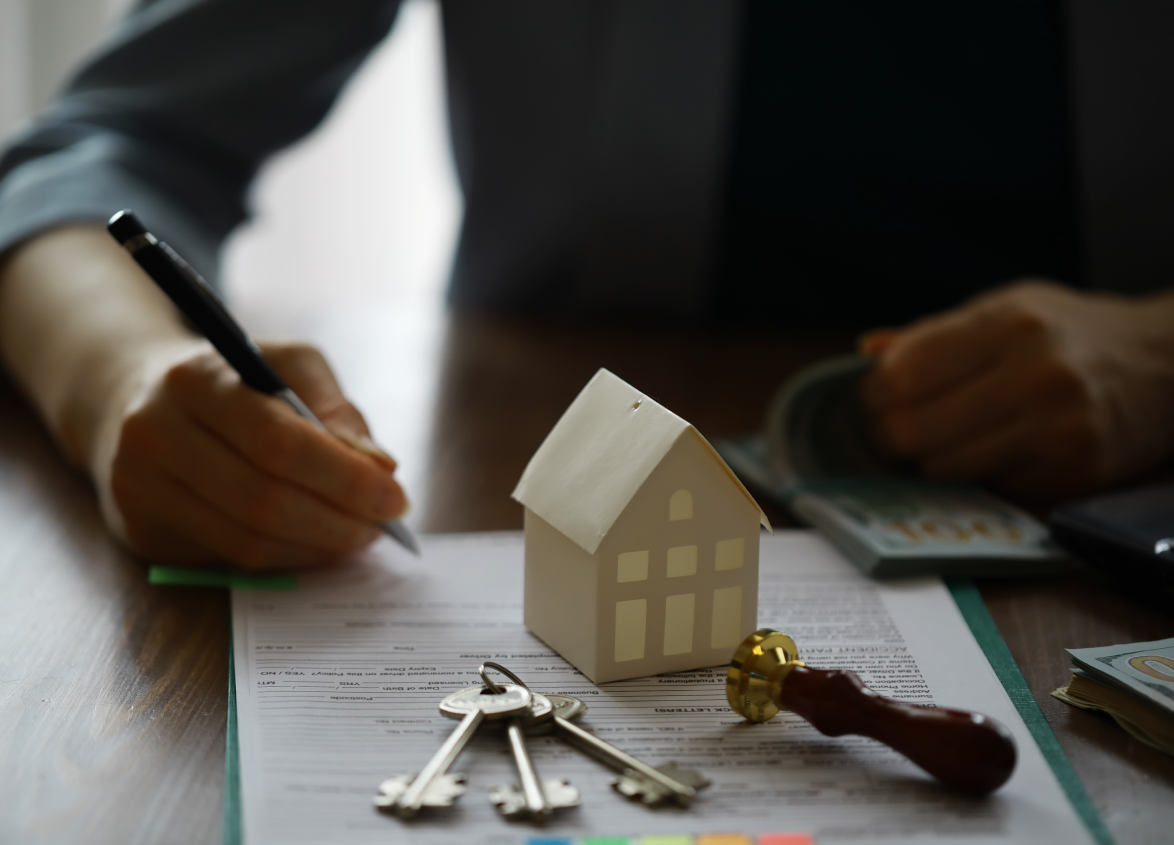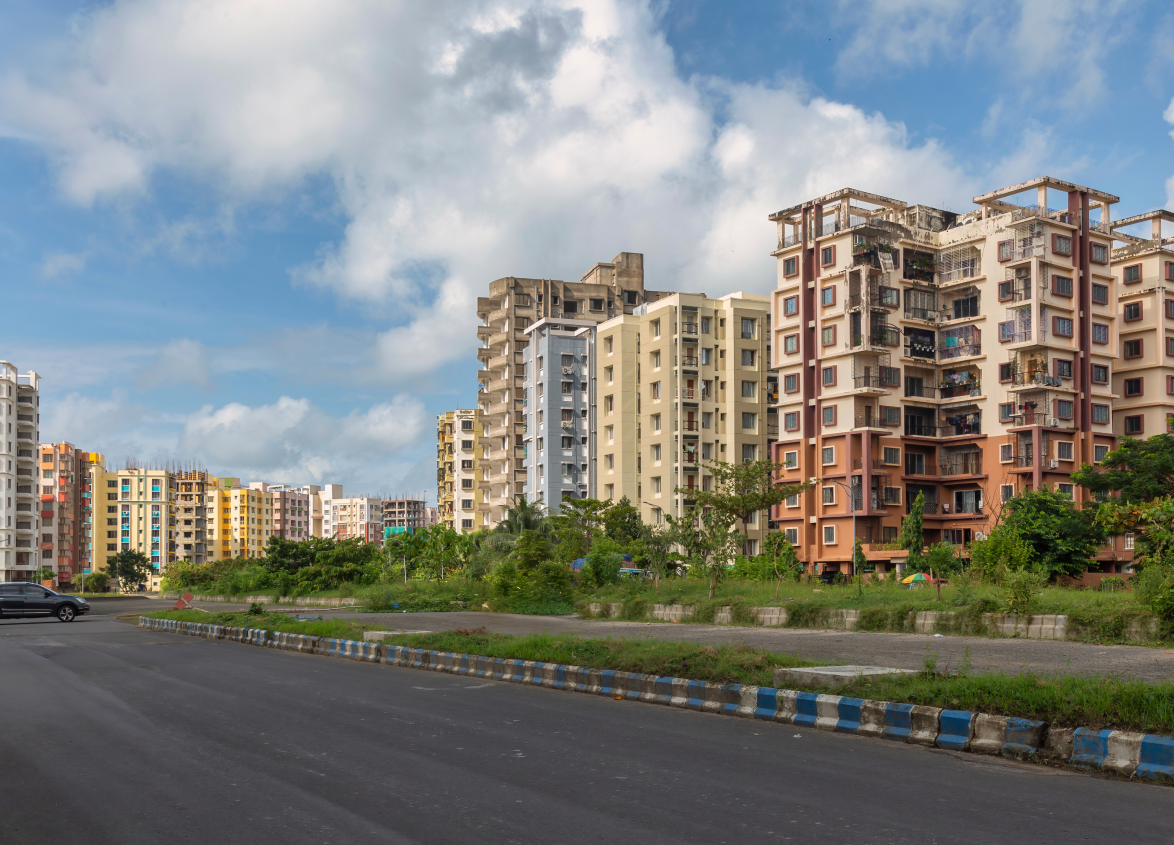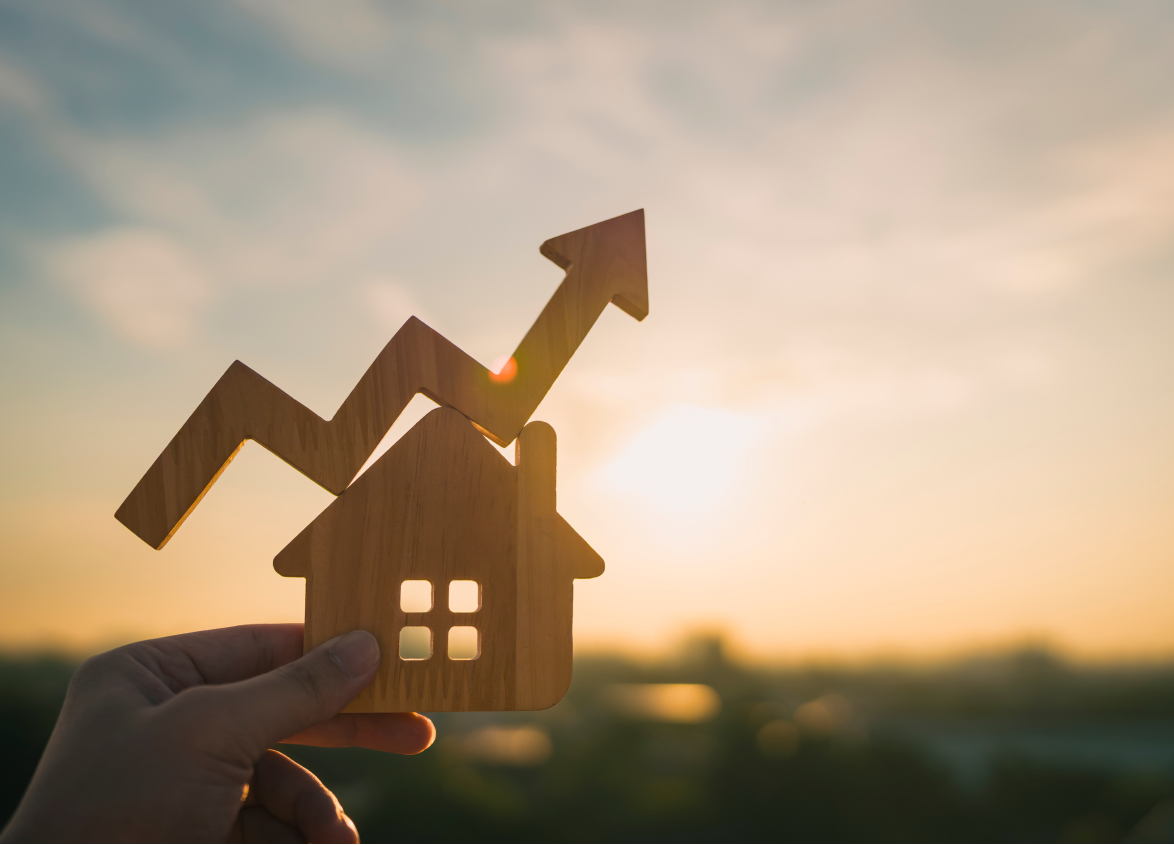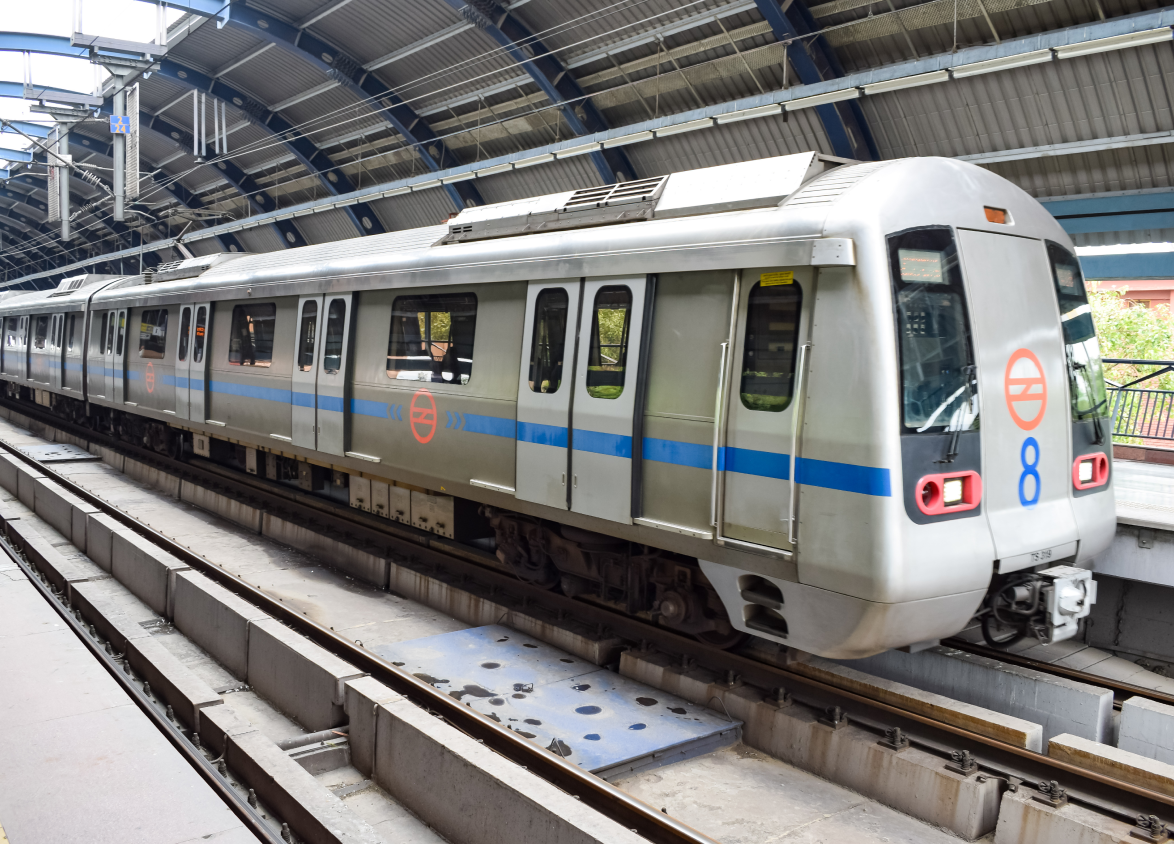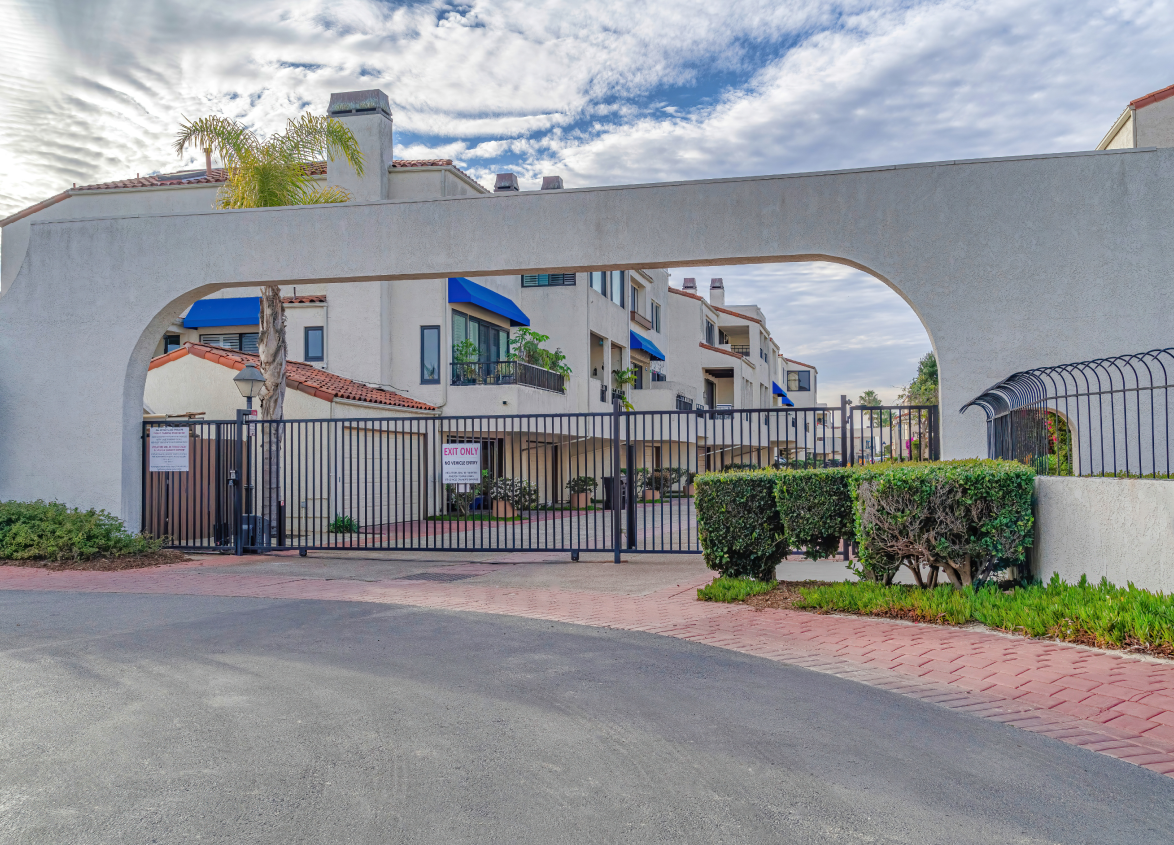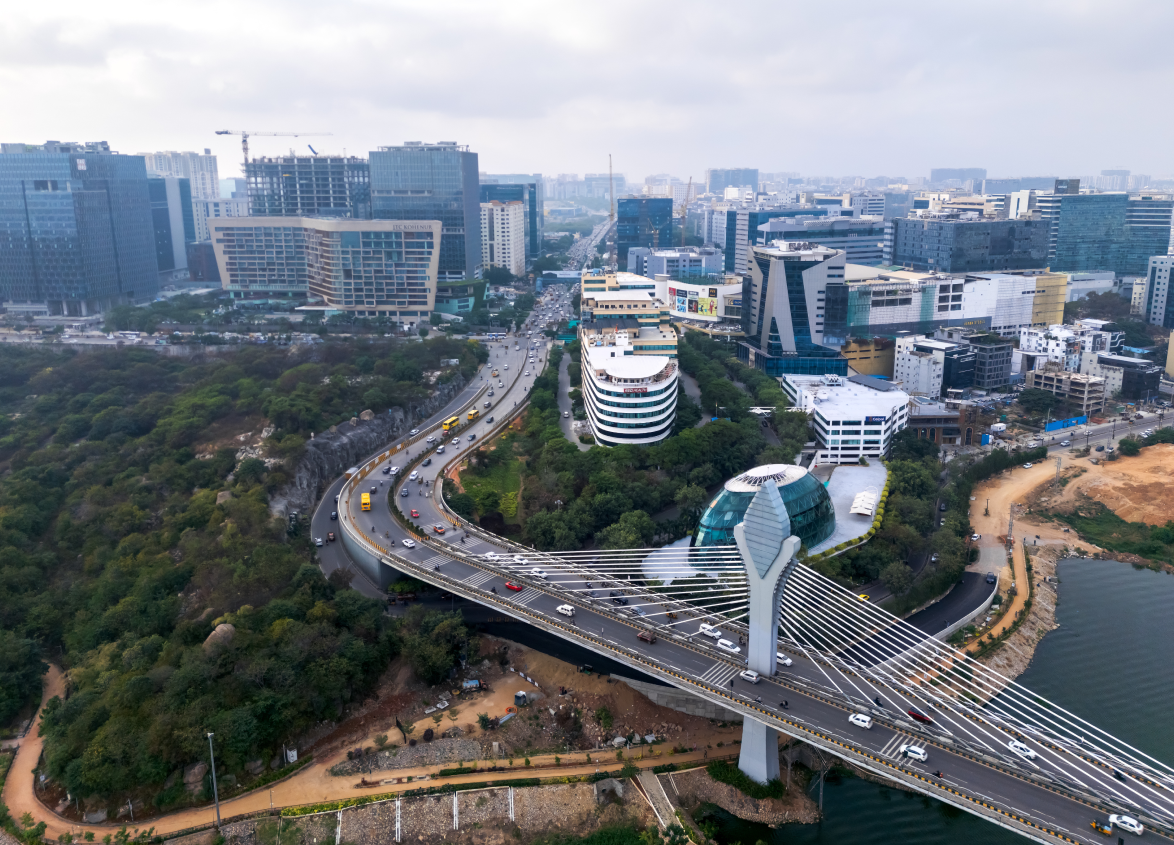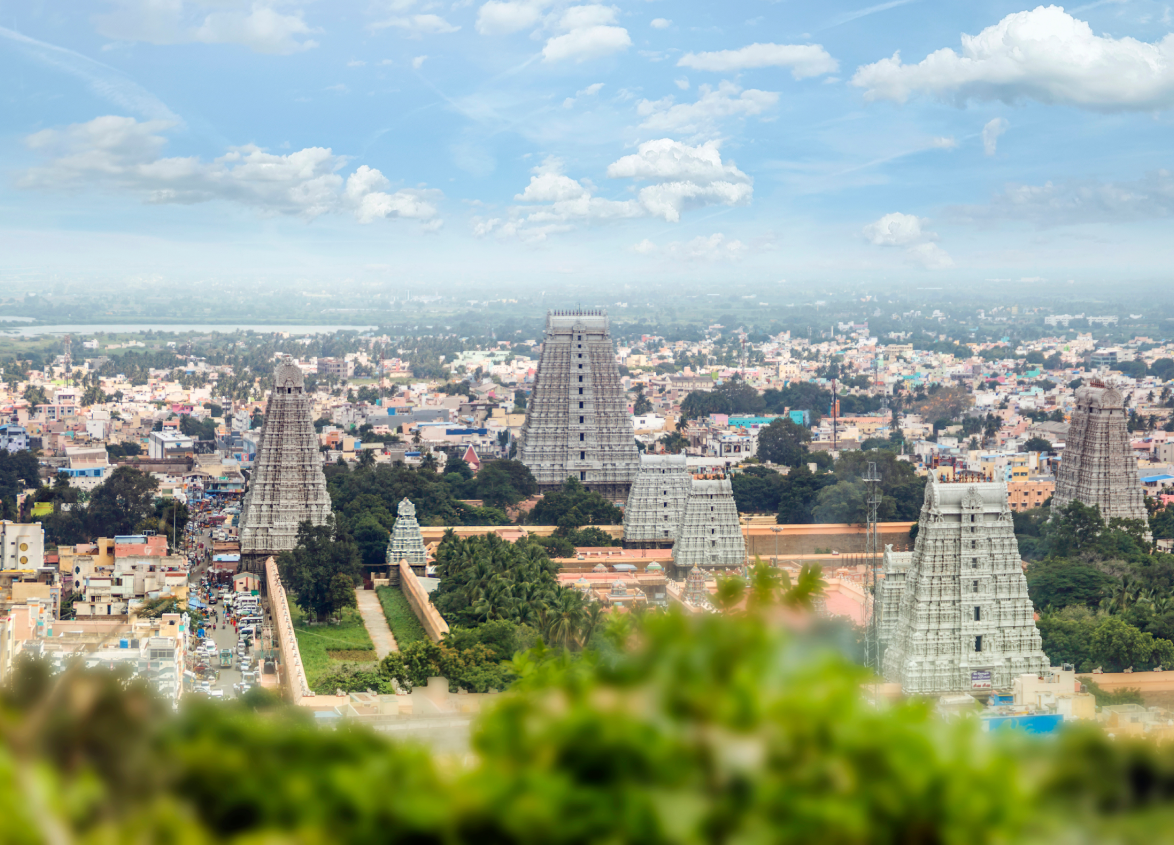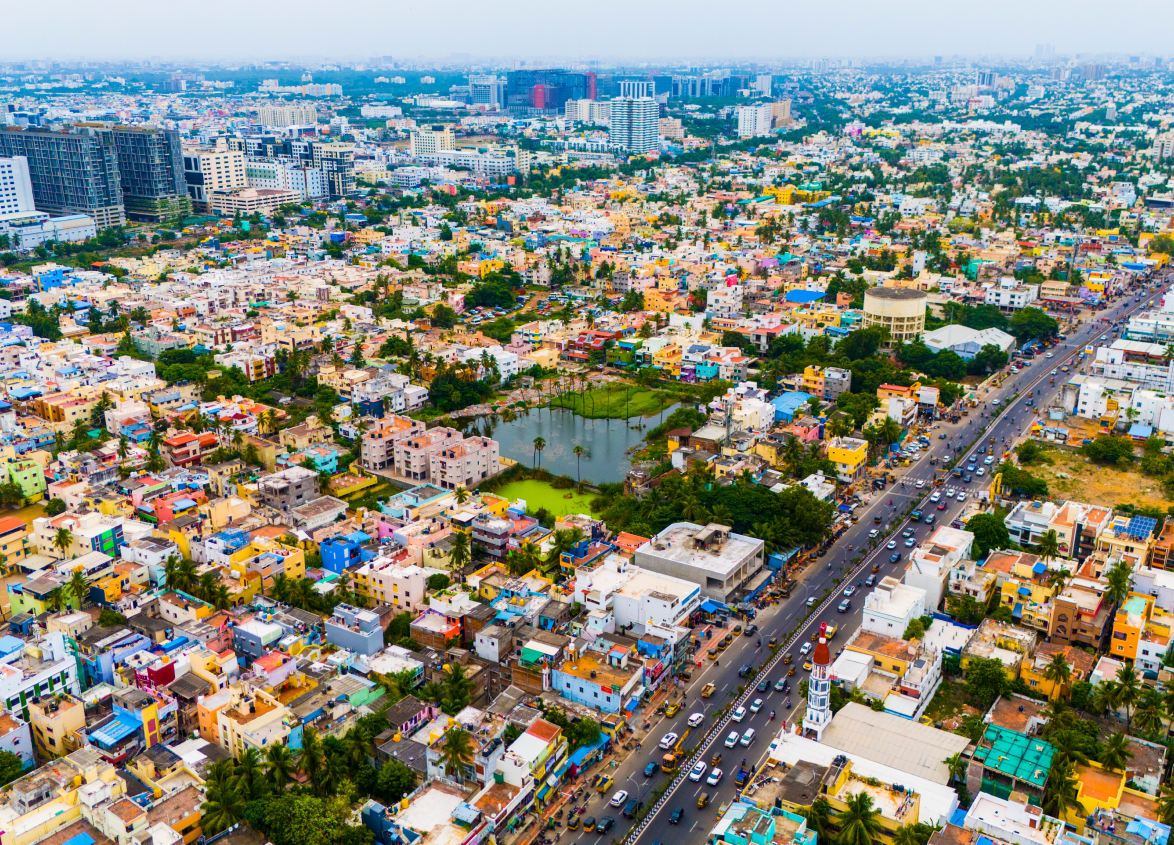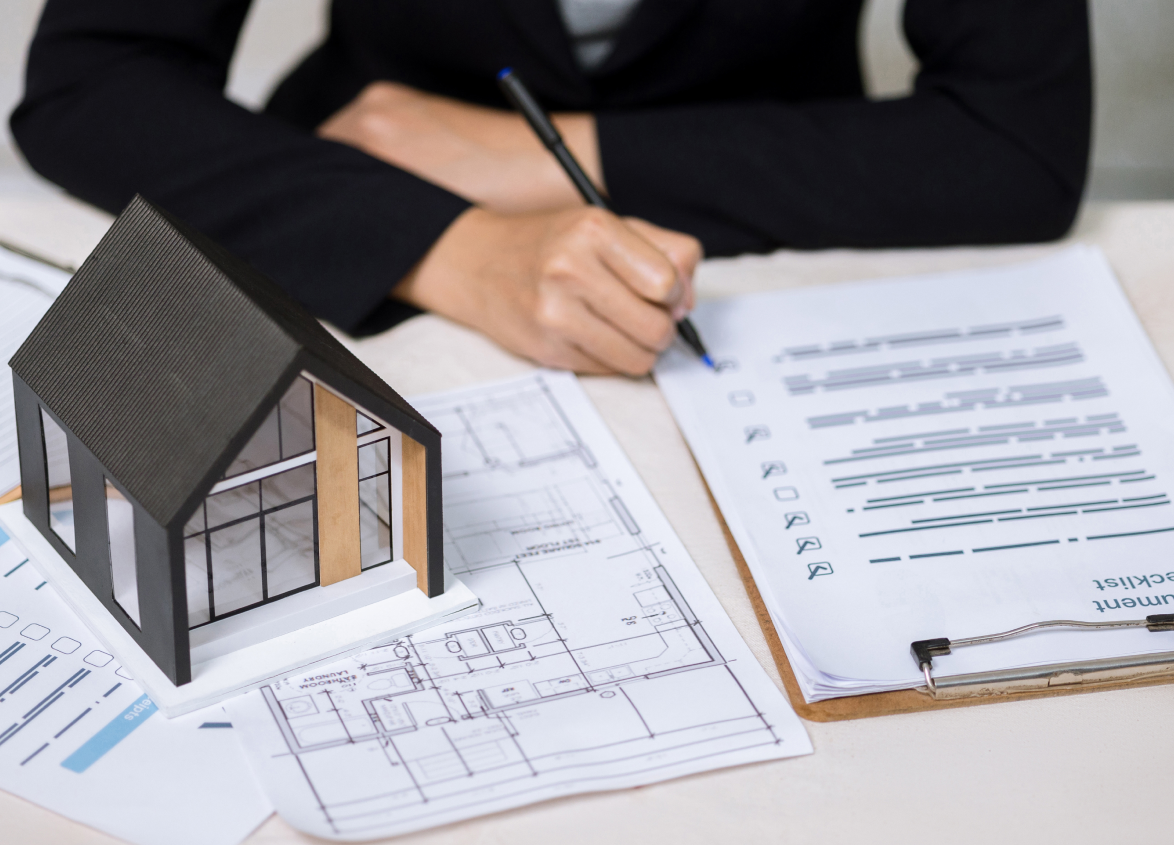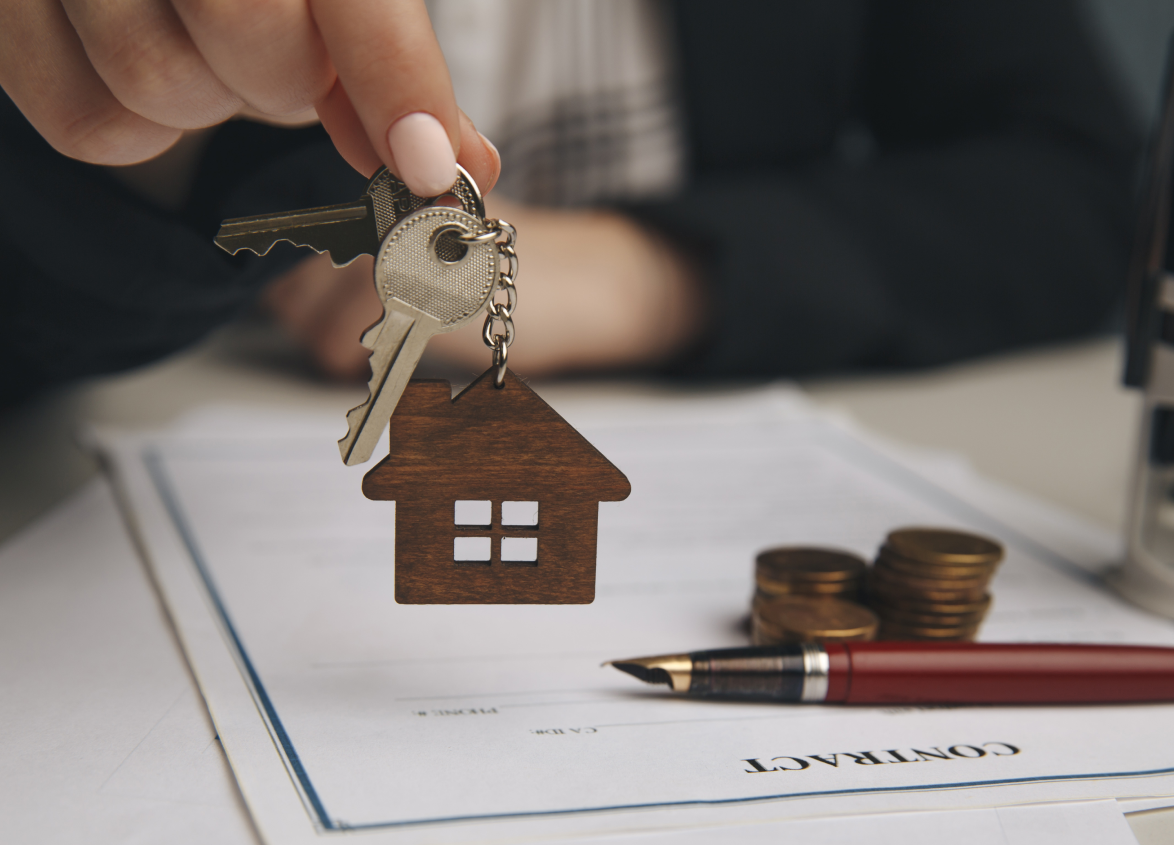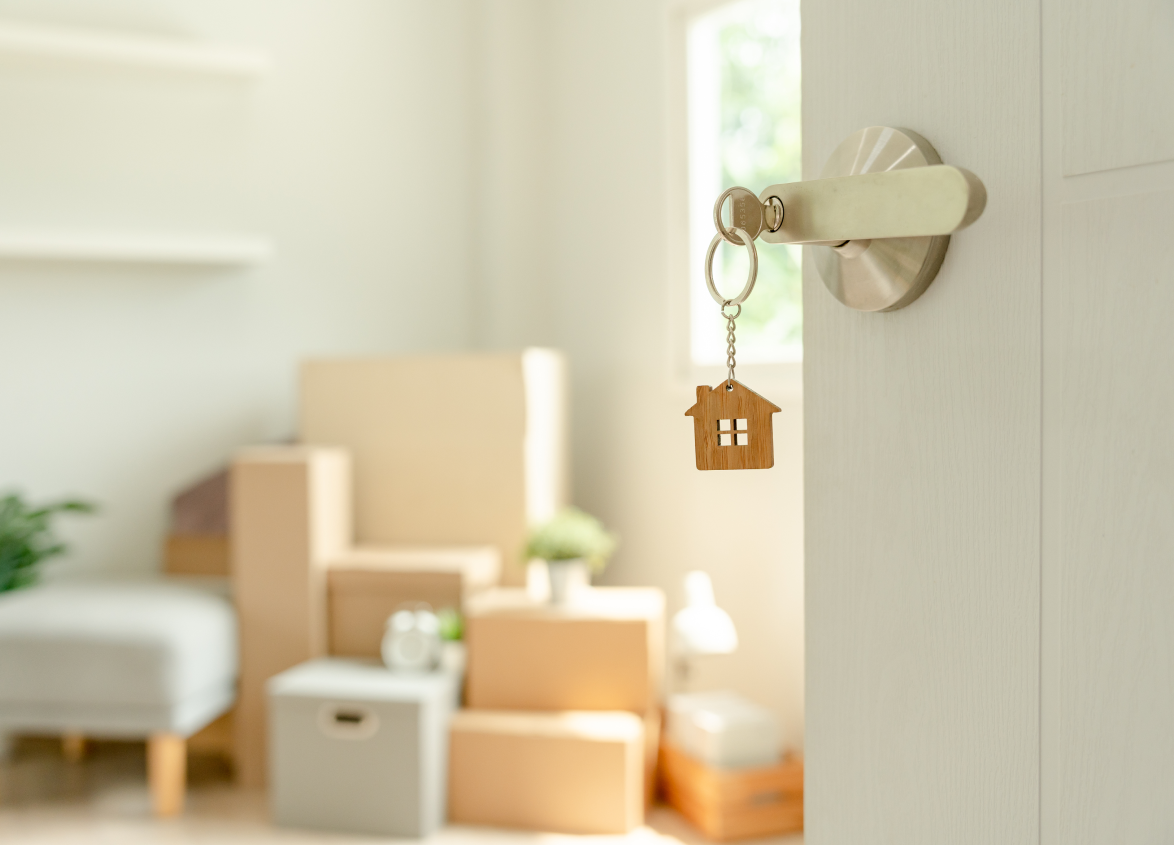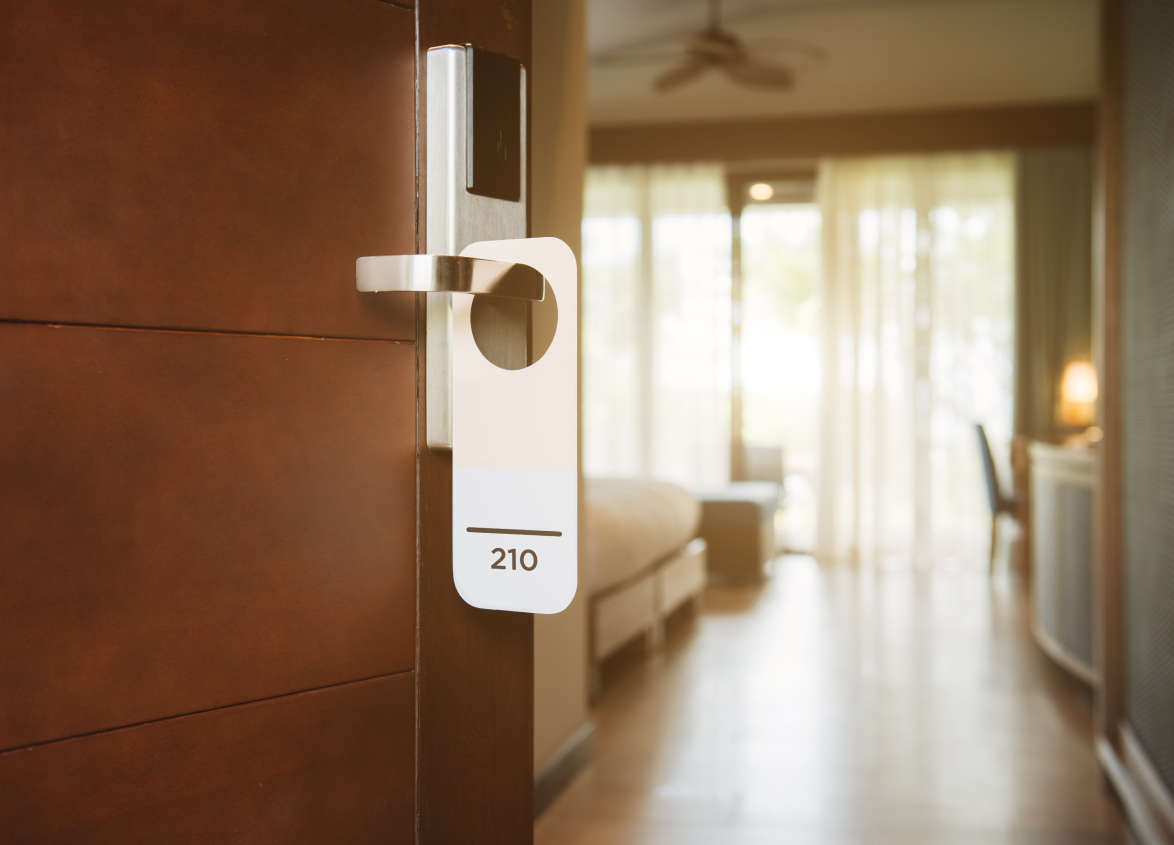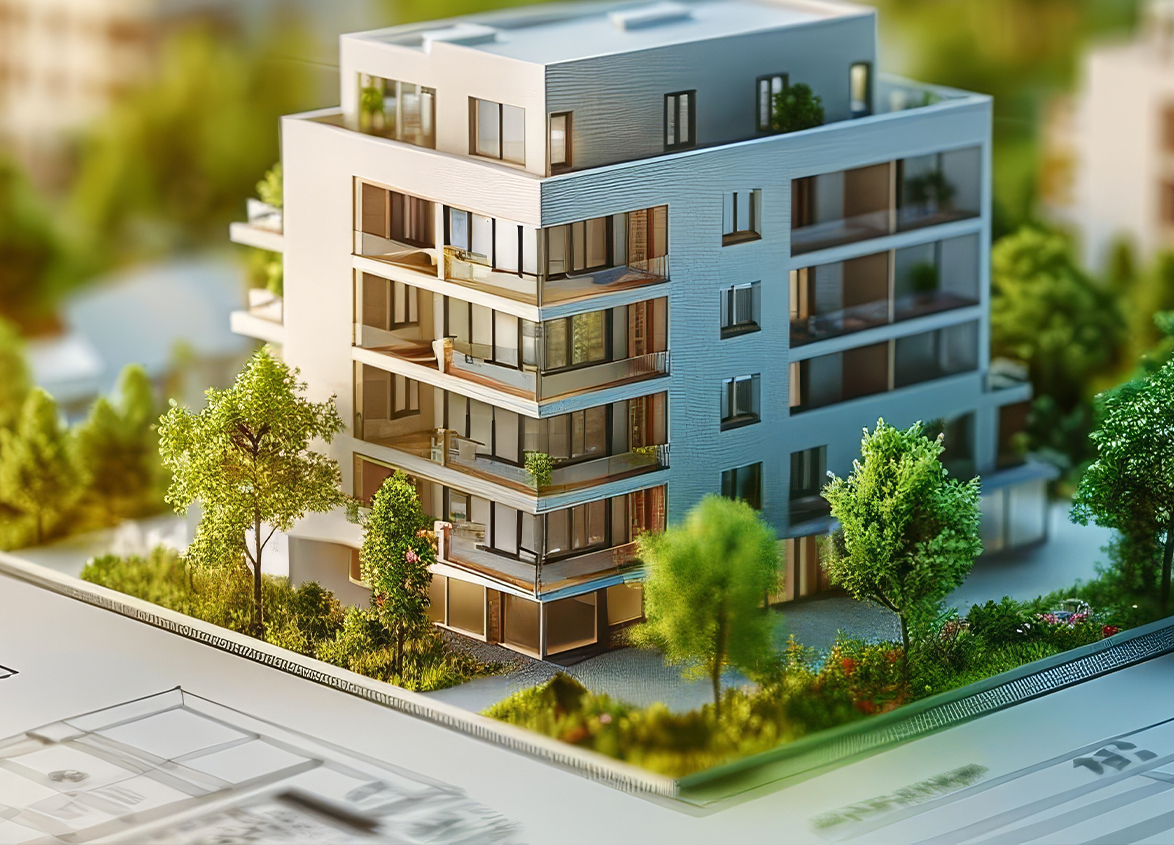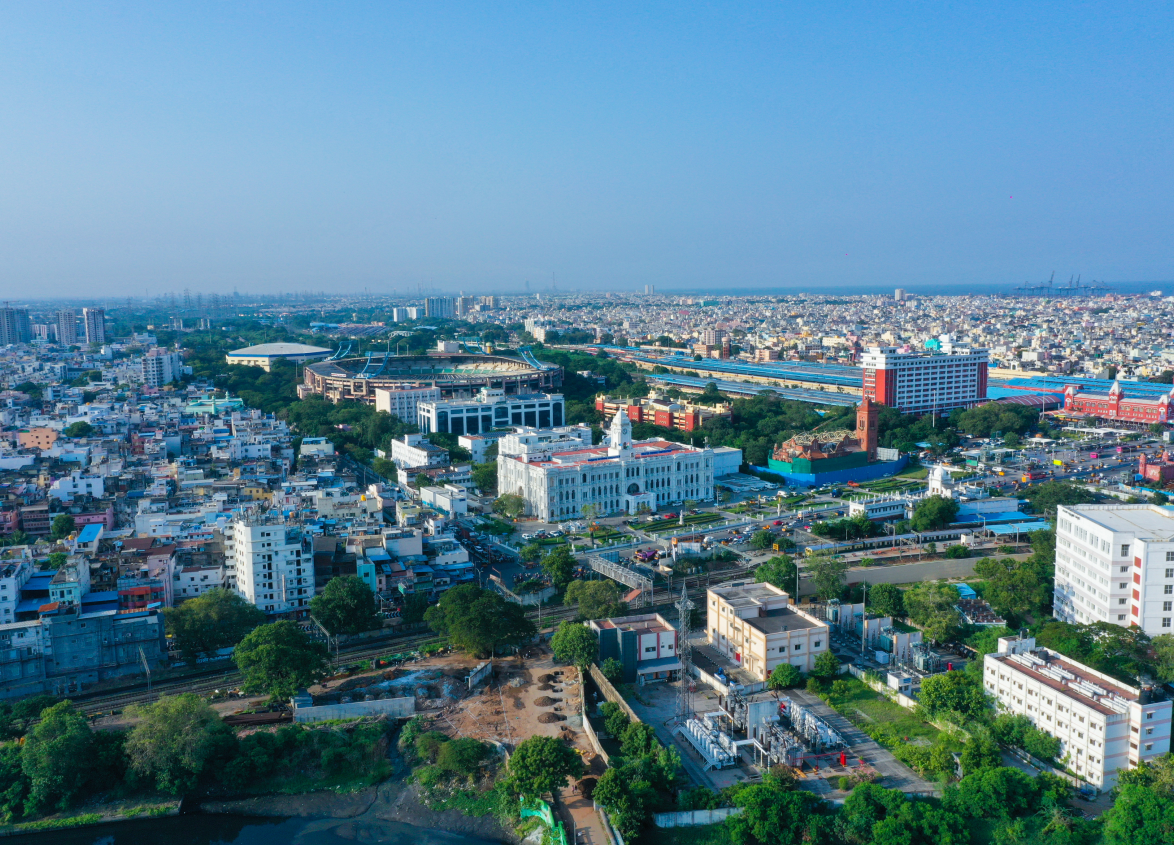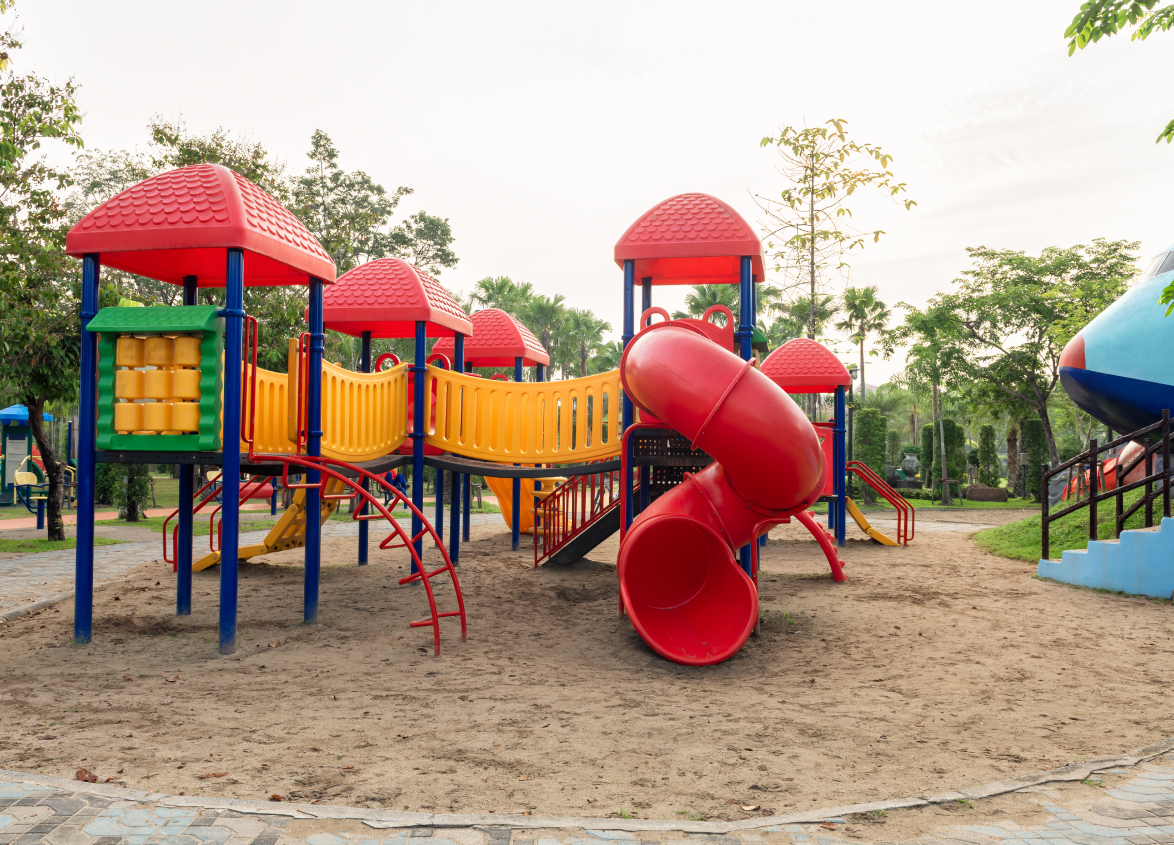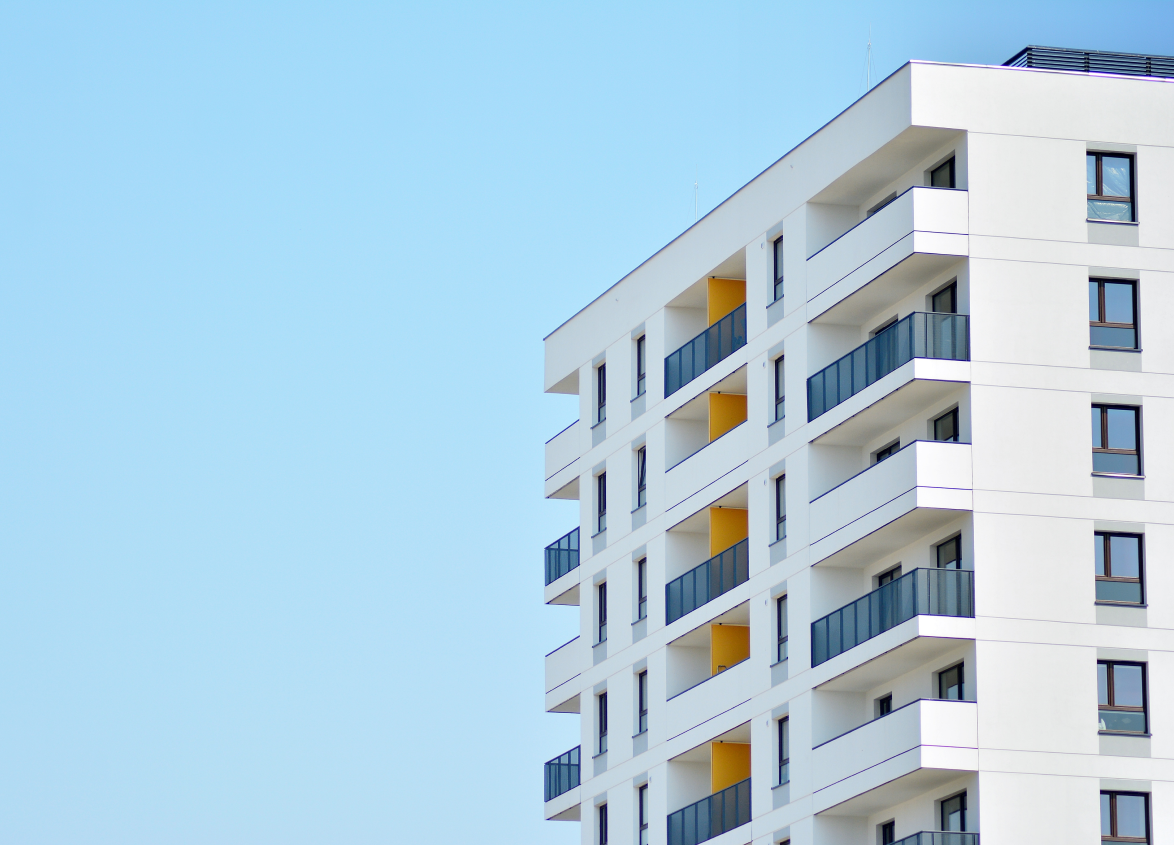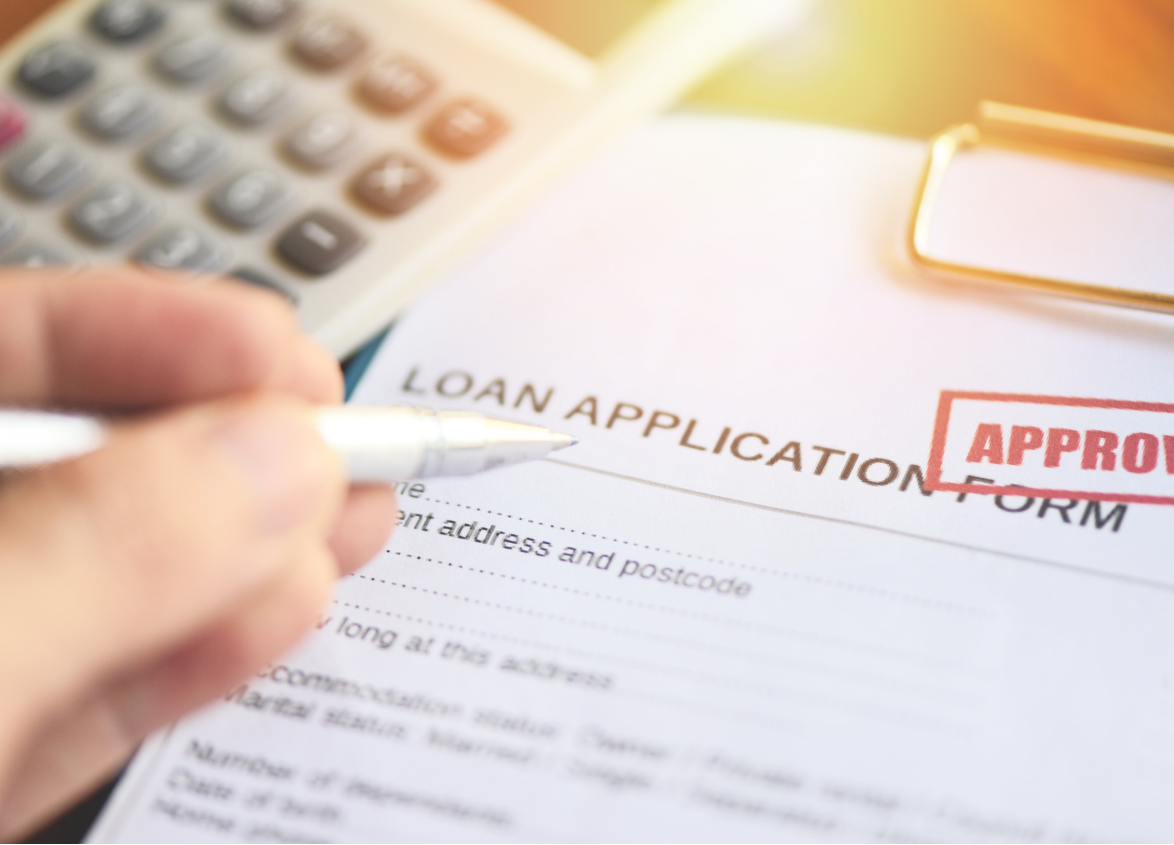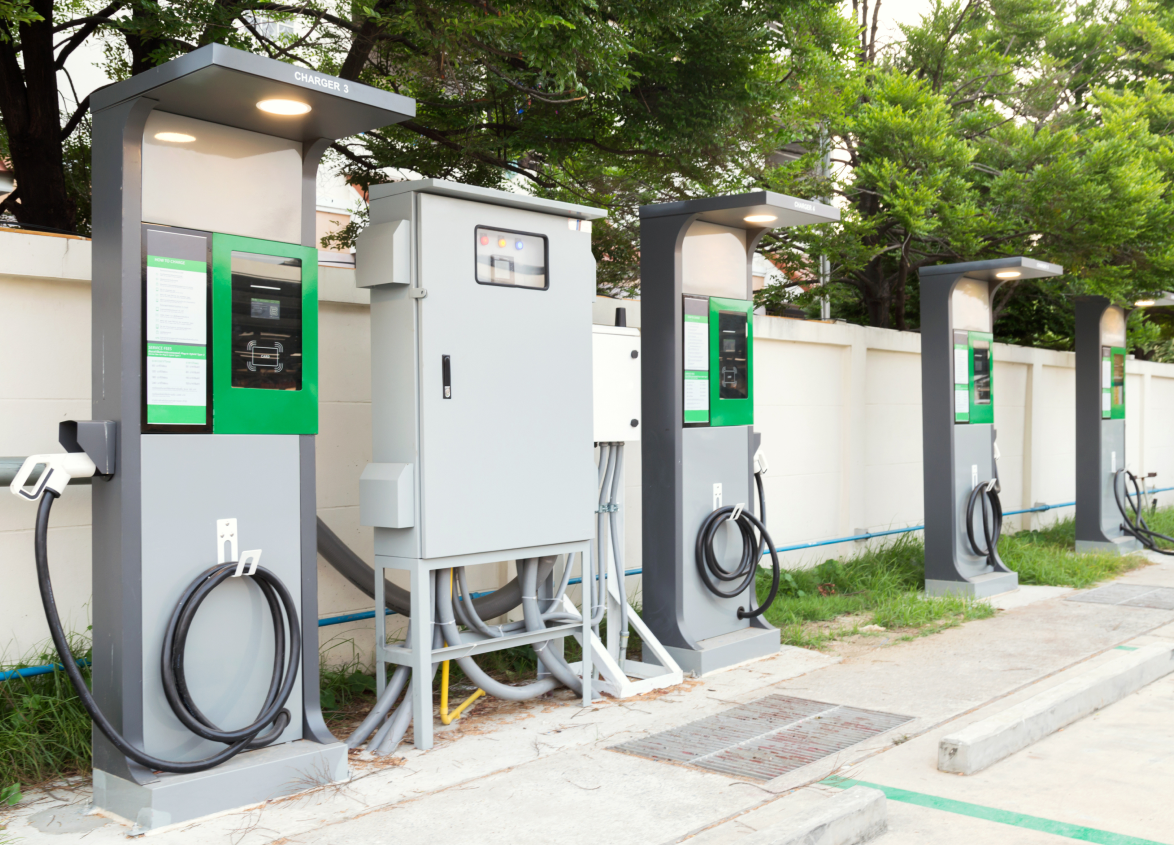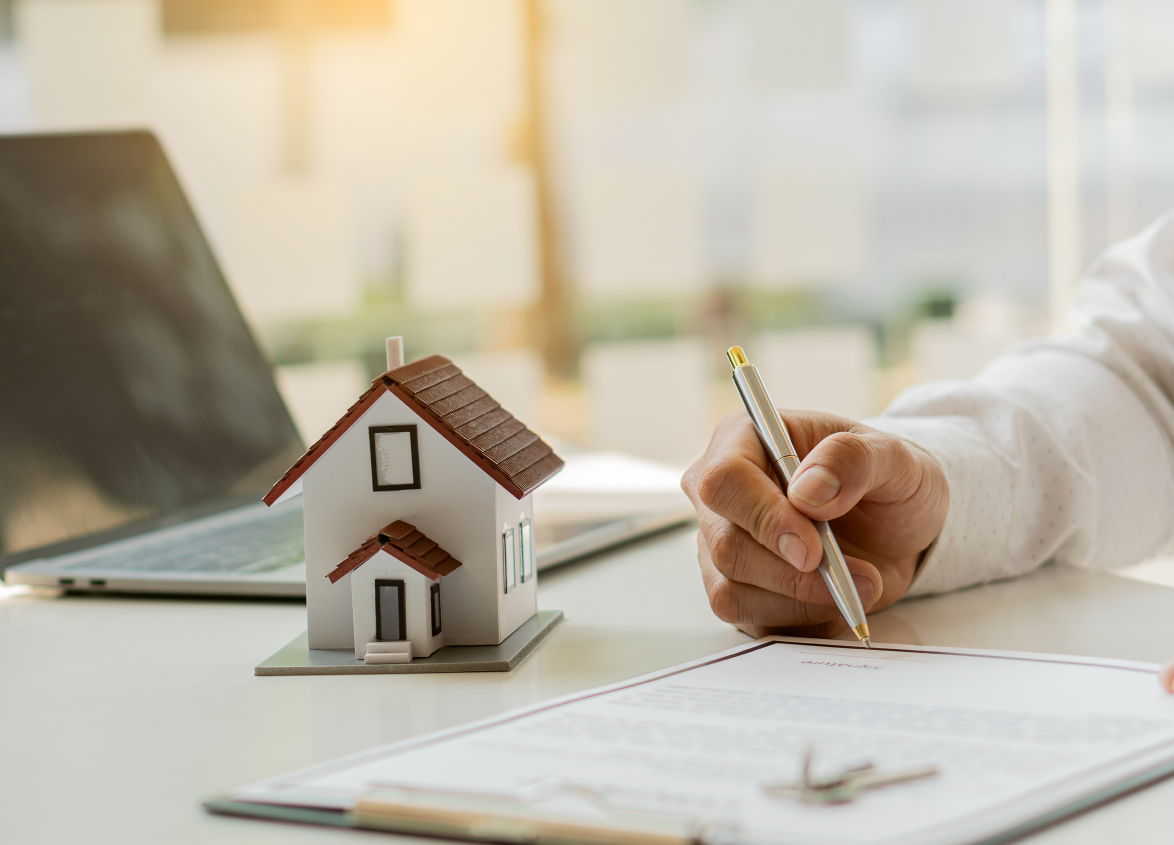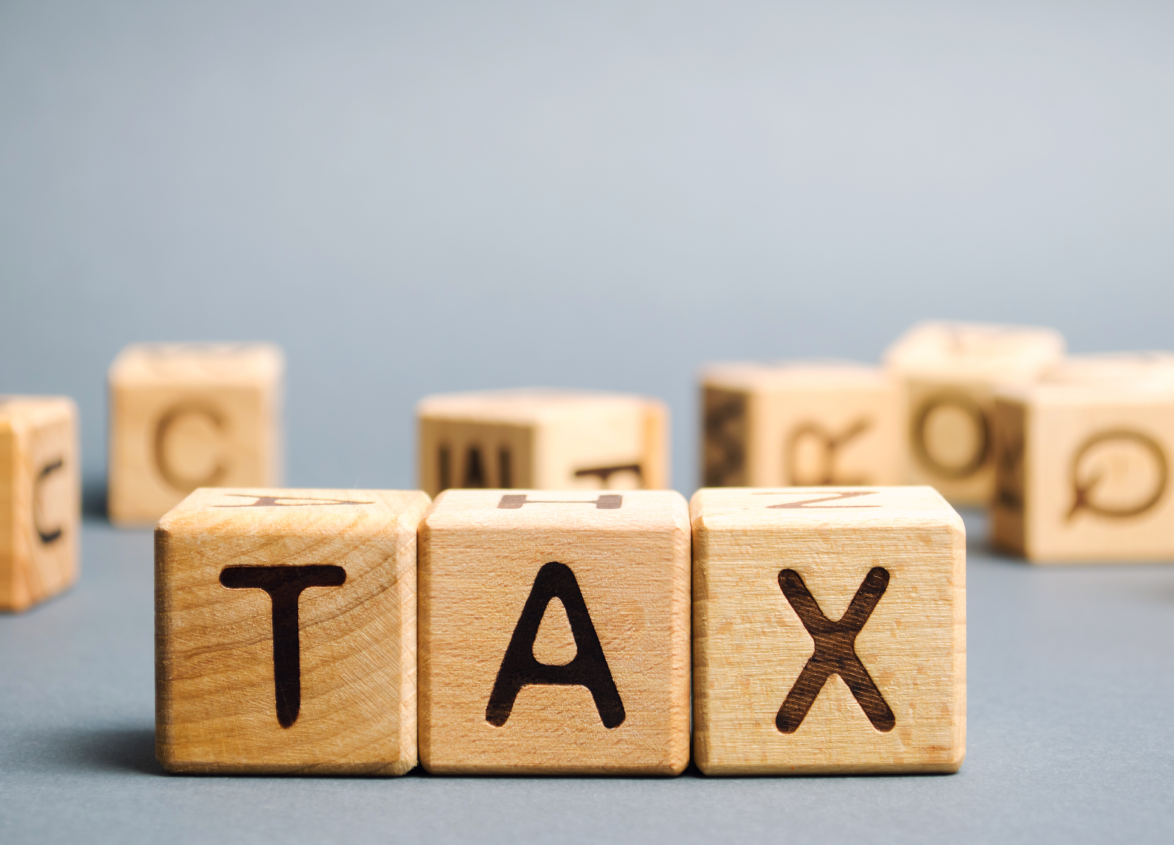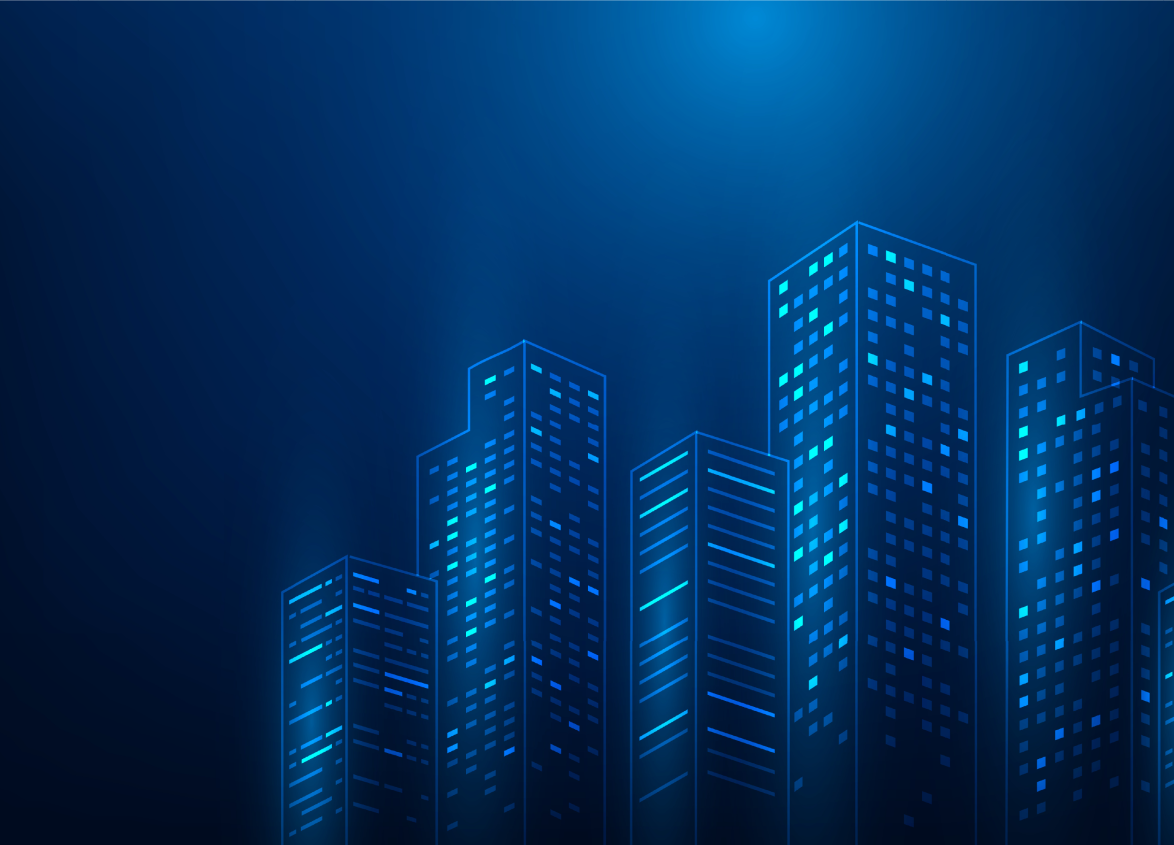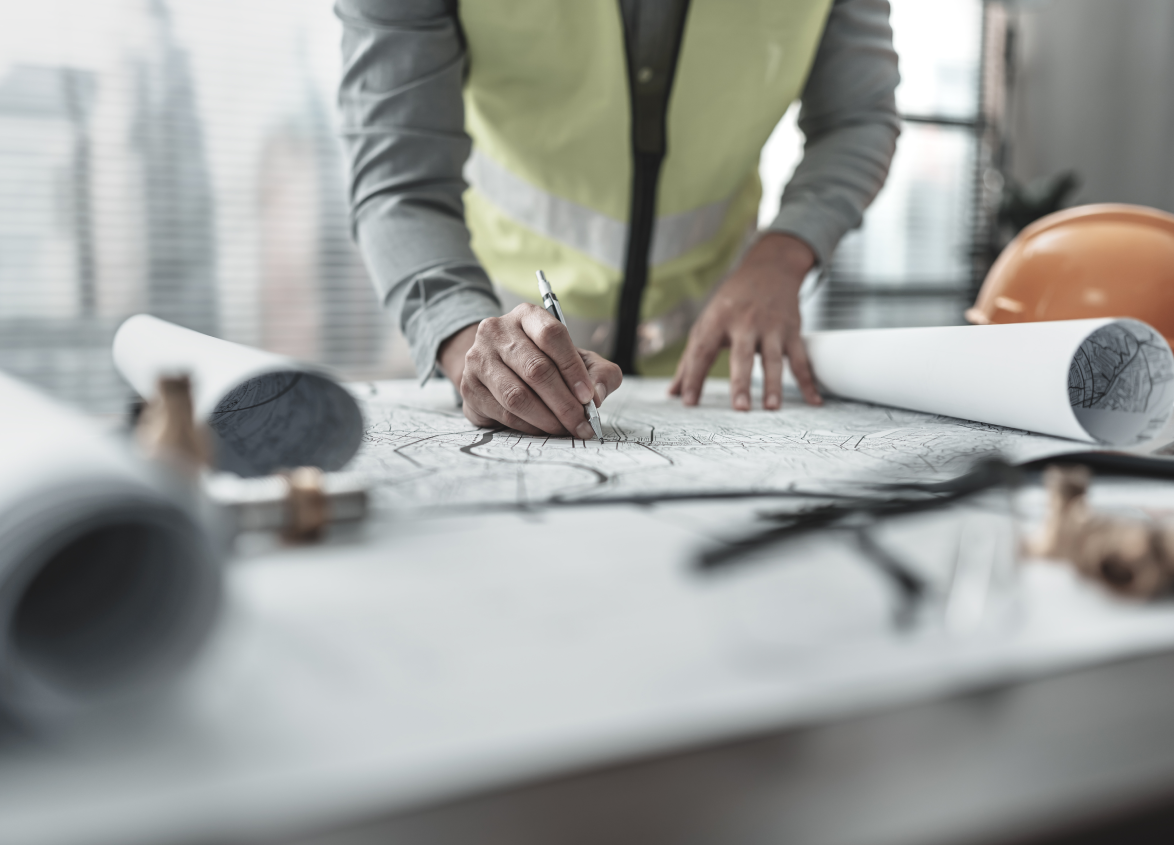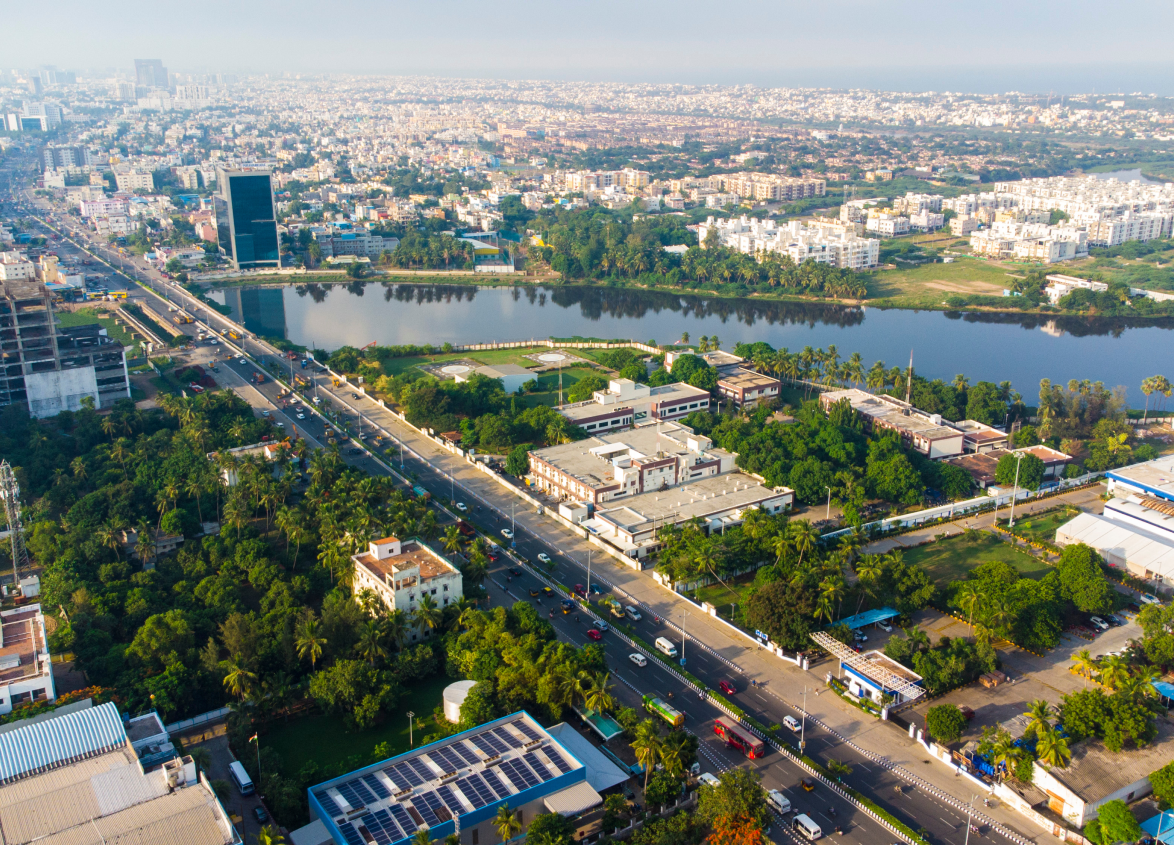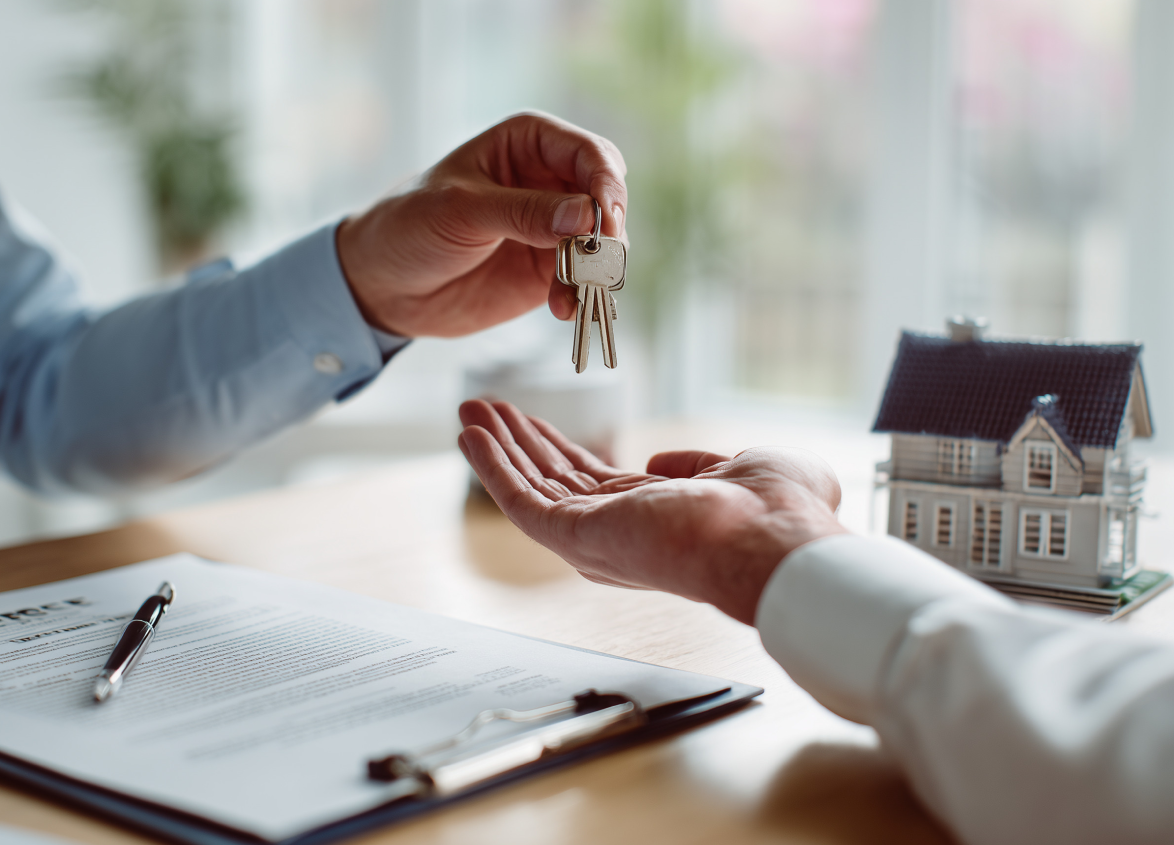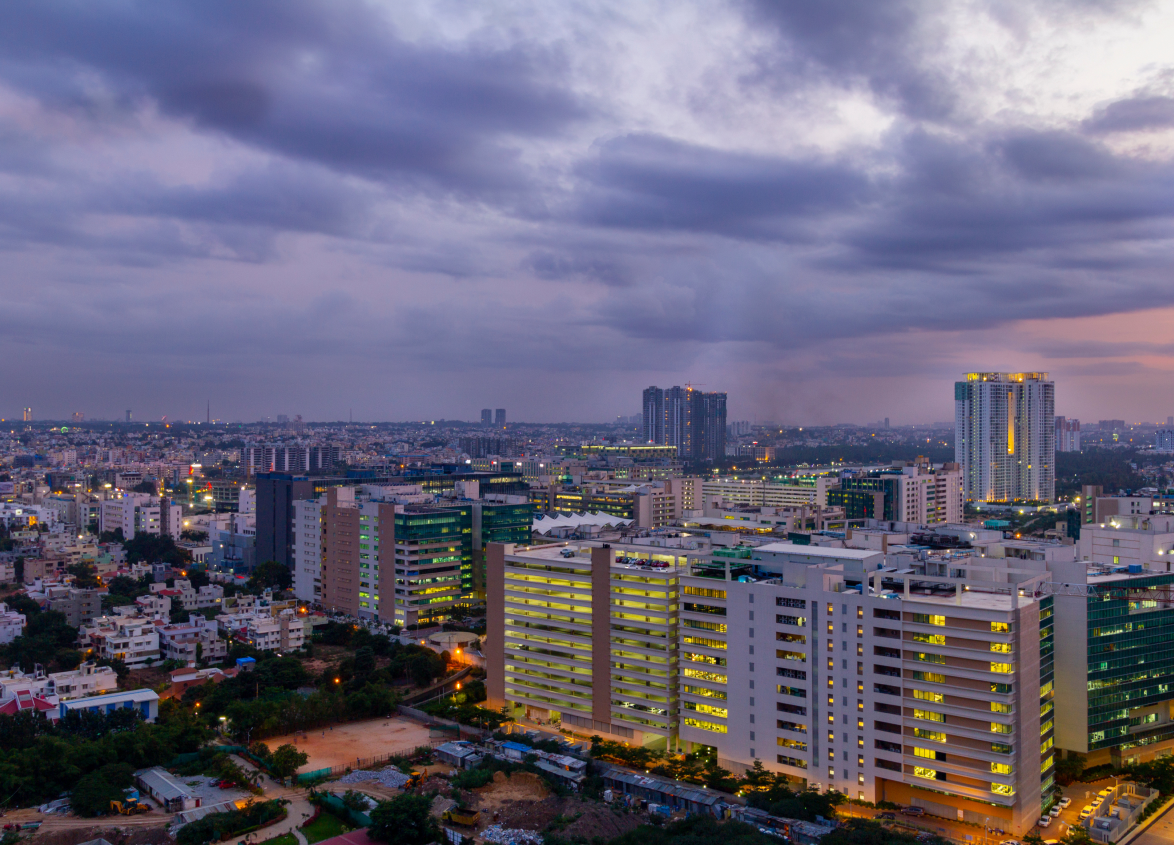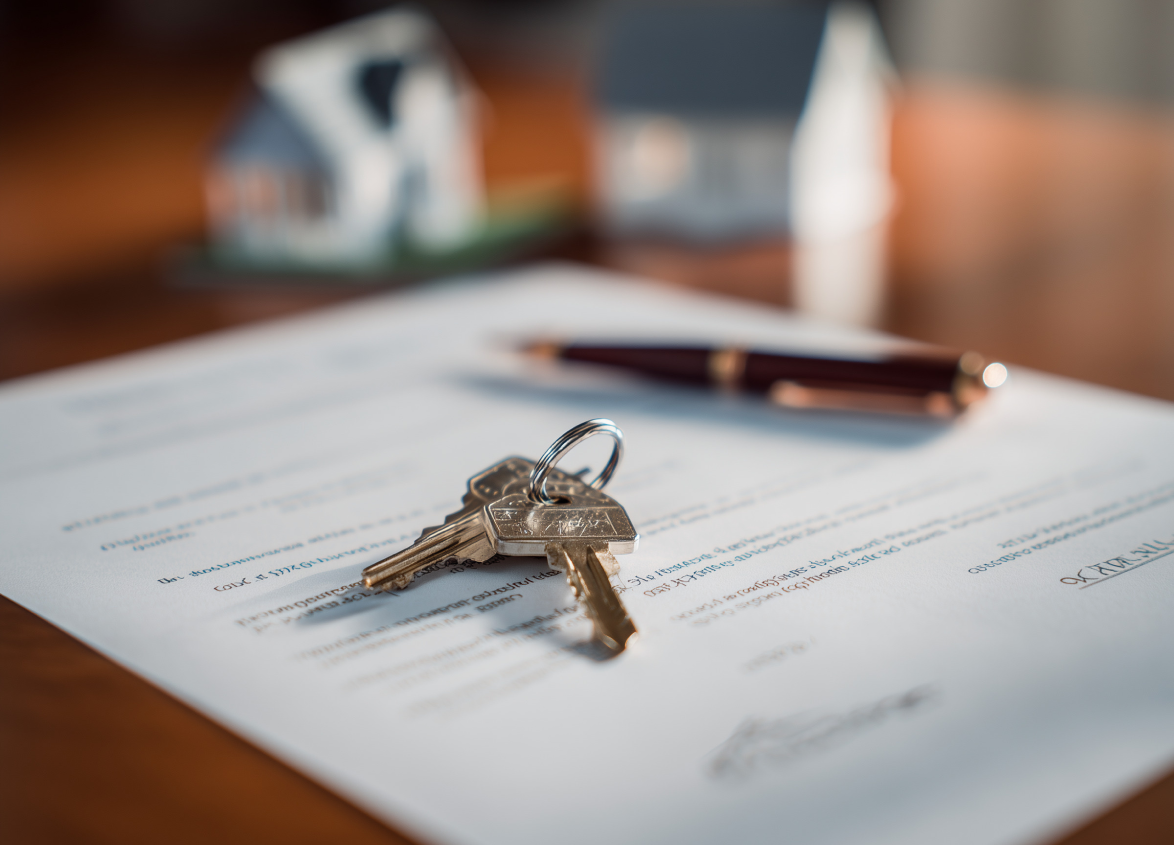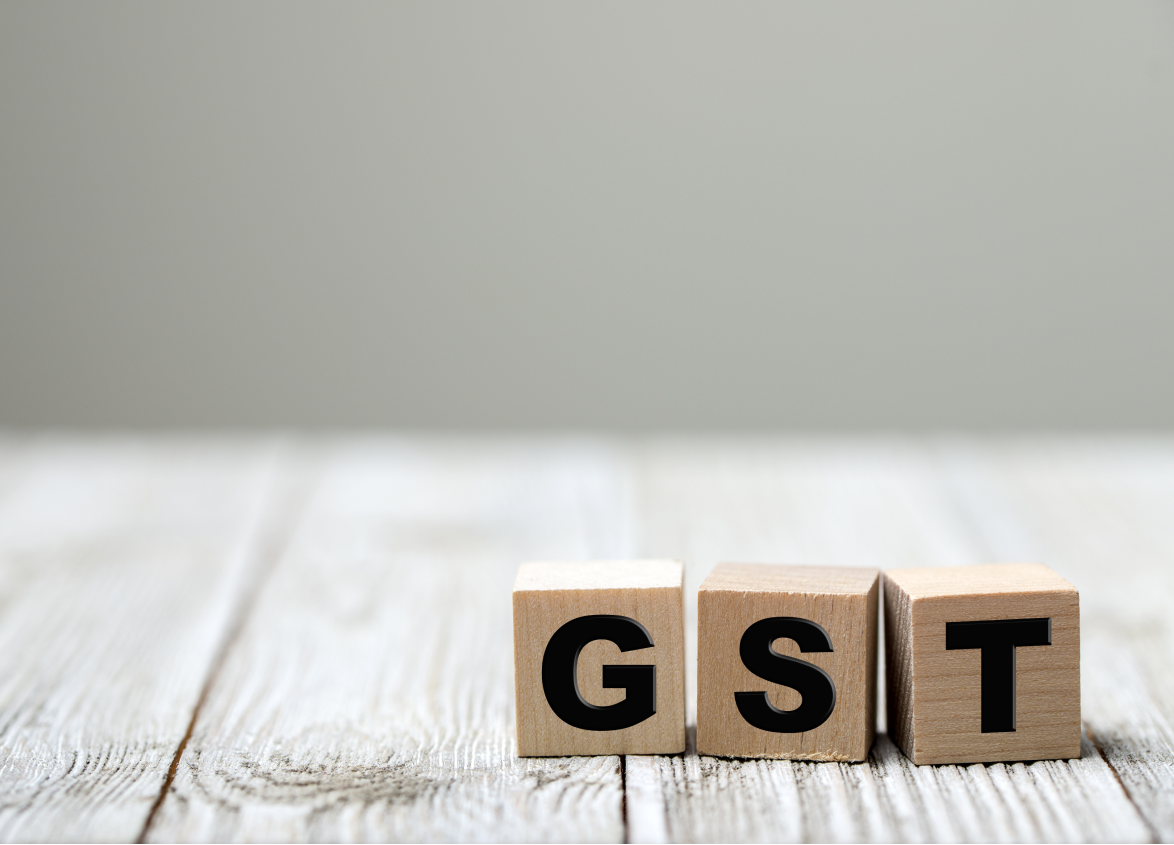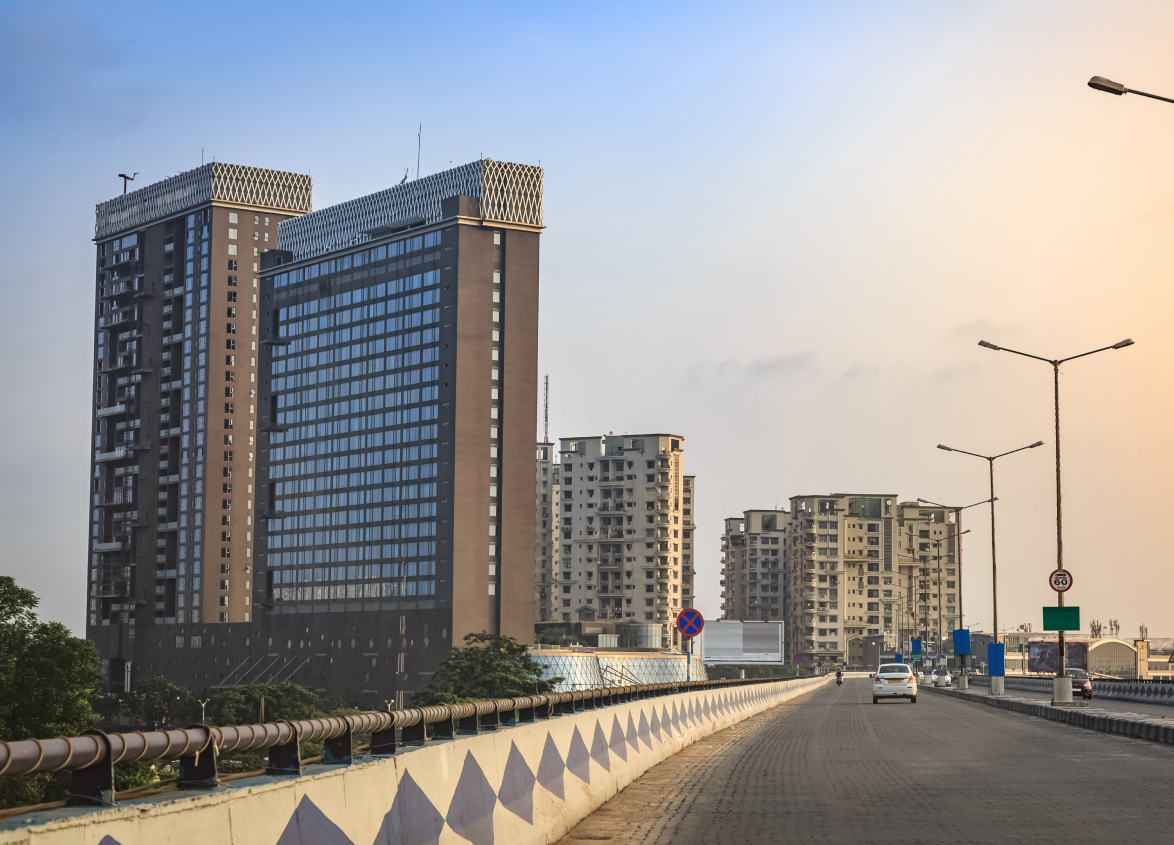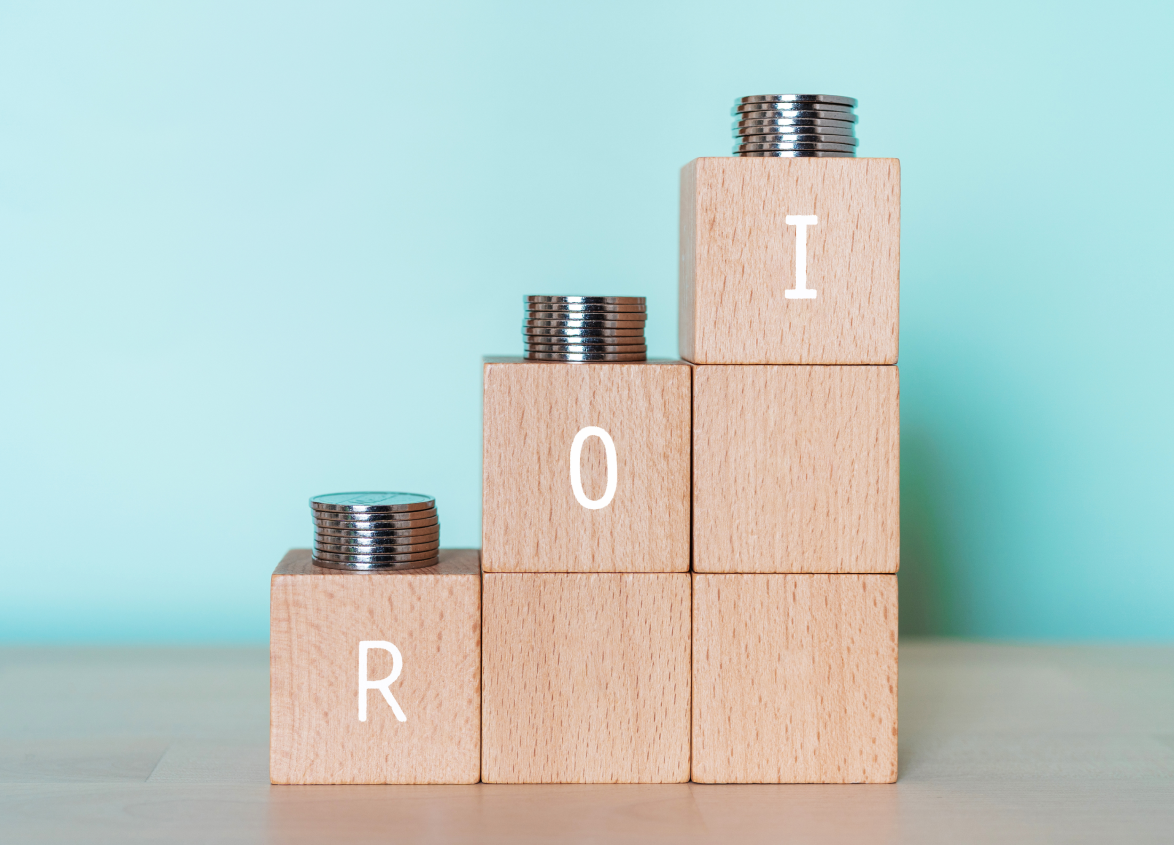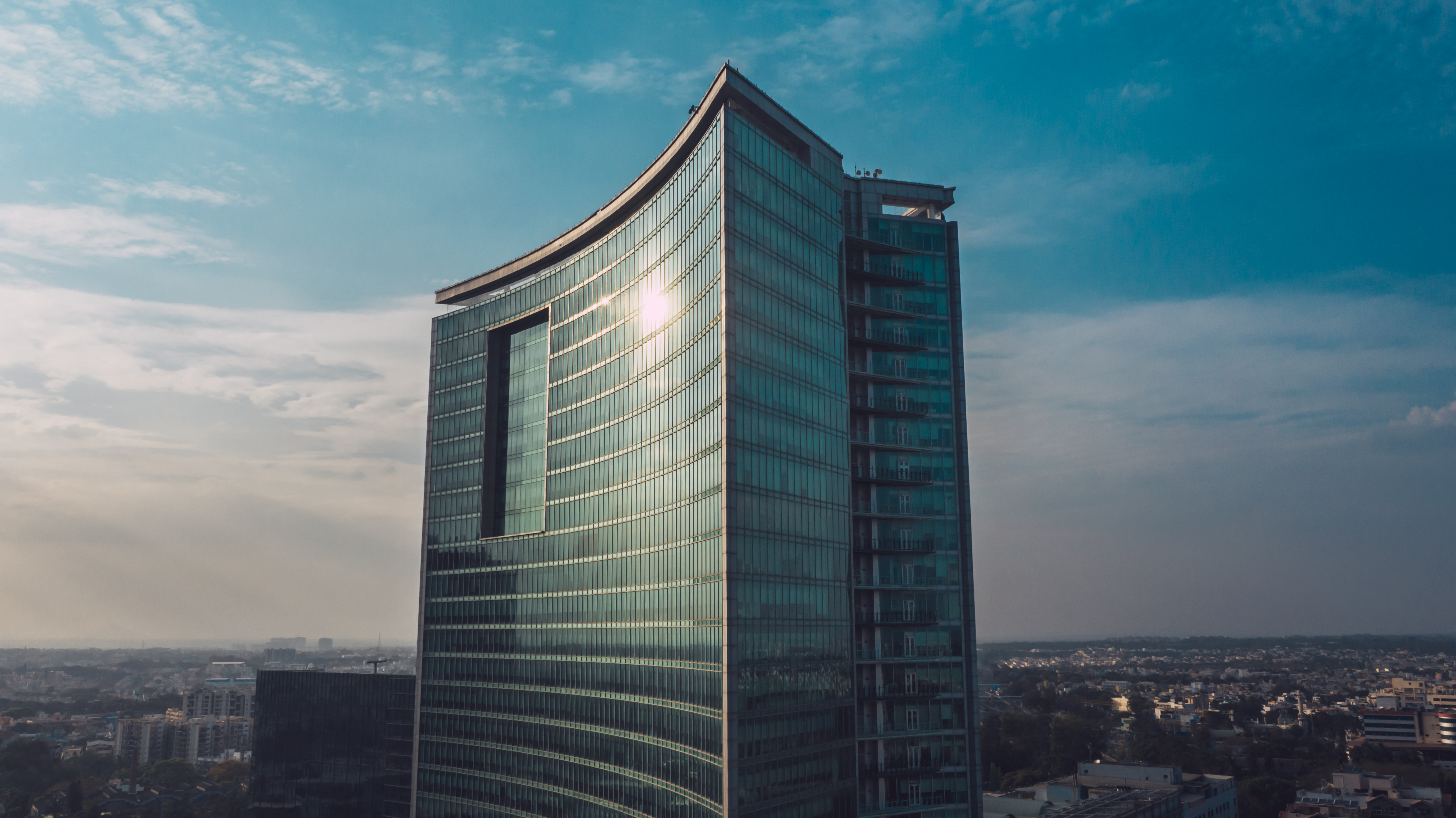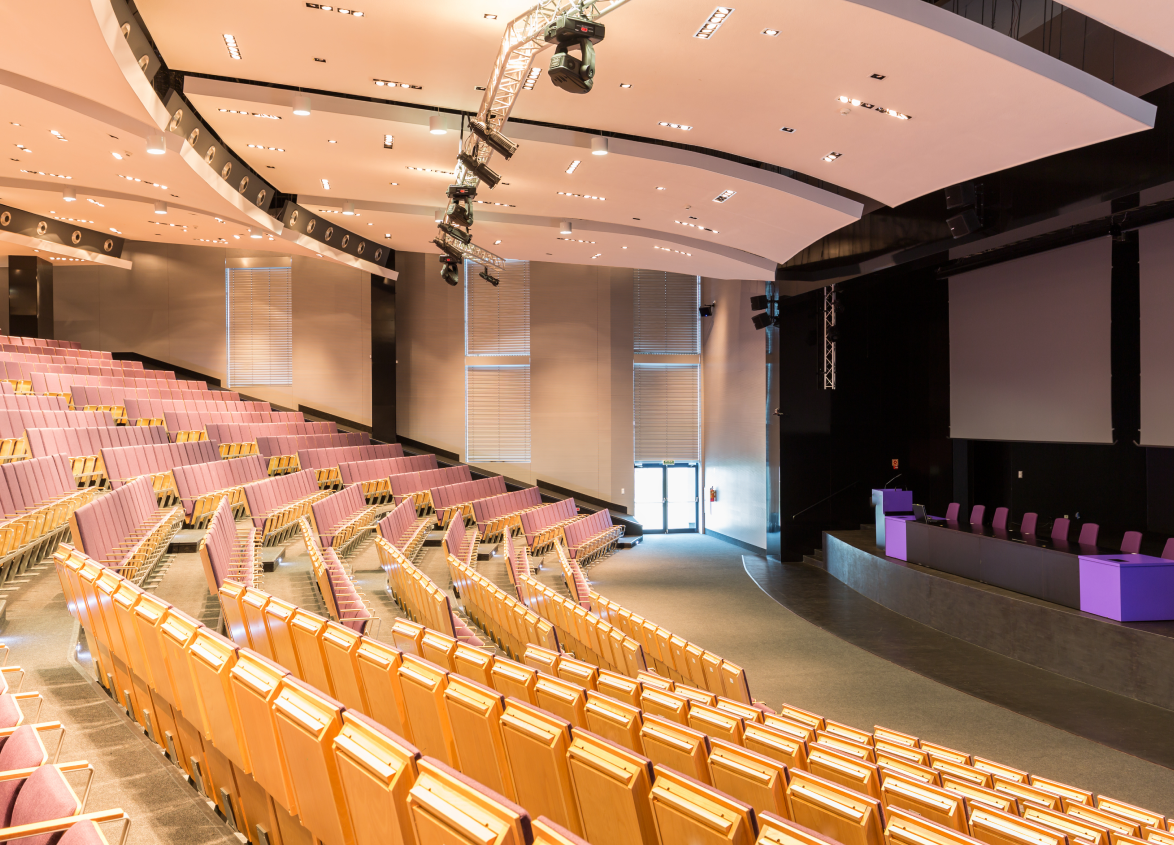
Residential
9 Key Factors for Choosing the Perfect Real Estate Developer
June 06, 2025
With increasing urbanisation, evolving buyer expectations and stricter regulatory frameworks, choosing the right developer has become more critical. Today’s homebuyers are better informed, and the market has shifted in favour of accountability and quality delivery.
Whether you are a first-time buyer or a long-time investor, selecting the ideal real estate developer is one of the most essential choices in any real estate development experience. A piece of property is not only a financial investment—it is a long-term commitment that affects your lifestyle, security and return.
With thousands to choose from and a hot market, particularly in urban areas, finding a reliable and capable real estate developer in your area can be daunting.
This blog identifies the nine crucial considerations you must review when choosing a developer.
These parameters, from real estate construction standards and legality to innovation and after-sale assistance, will help you make an informed and safe investment.
1. Reputation and Experience
A successful property developer earns its reputation over time by consistently delivering high-quality projects and maintaining ethical business practices. Reputation is built on the foundation of customer satisfaction, trust and on-time delivery—qualities that take years to cultivate and cannot be replicated overnight.
When evaluating a developer’s credibility, examine their portfolio of completed and ongoing residential projects, awards or industry recognitions and client testimonials. Reputed developers often have a strong media presence, positive word-of-mouth and active community engagement.
You can validate their credentials through platforms like CREDAI or the state RERA portals, which offer public access to registration records, legal clearances and complaint histories.
Watch out for these red flags:
- Multiple stalled or delayed projects.
- Frequent customer complaints on public forums.
- Involvement in legal disputes or land ownership issues.
- Lack of transparency in pricing or floor plans.
- No digital footprint or poor online presence.
A developer’s track record is the best predictor of future performance. Choosing someone with experience in your desired property segment—be it affordable housing, luxury apartments, or commercial towers—reduces the risk of project failure and ensures a smoother property development journey. Established names like Brigade have consistently demonstrated this reliability across diverse residential and commercial projects in key urban centres.
2. Legal and Regulatory Compliance
Compliance with the law is among the most prevalent issues in real estate development projects. A reliable property developer ought to possess:
- RERA registration for all ongoing projects.
- Clear land titles and property ownership records.
- Approved building plans from local authorities.
- No outstanding litigation regarding the land or project.
Not verifying these may lead to legal issues or even loss of investment. Fortunately, verifying a developer's compliance through platforms such as the Karnataka RERA or Maha-RERA websites is now easy.
Why RERA matters:
The Real Estate (Regulation and Development) Act ensures builders adhere to promised timelines, mandates that 70% of buyer funds be kept in an escrow account for project-related expenses and provides a platform for fast-track grievance redressal. It also protects buyers against misleading advertisements and delays in possession.
Pro tip: Avoid investing in non-RERA-registered projects, even with attractive discounts. RERA compliance is your first layer of legal protection.
3. Project Delivery Track Record
On-time delivery is one of the strongest indicators of a credible real estate development firm. In the pre-RERA days, delayed possession was the order of the day. Previous delivery schedules, possession status and customer grievance redressal are excellent credibility markers.
Ask:
- How long was their previous project in months/years?
- Were buyers charged hidden costs at possession?
- What was the experience of the handover?
Clean-delivery developers lower risk and provide you with peace of mind during development.
4. Construction Quality
Your home's structural integrity is not negotiable. Poor construction compromises safety and increases long-term maintenance expenses. Evaluating the quality of real estate construction is essential before making a decision.
When researching a developer, look into:
- Materials used (e.g., cement grade, flooring, sanitary ware).
- Certifications in construction management or safety standards.
- Use of modern techniques like Mivan or precast construction.
- Site visits to ongoing or completed projects.
Quick On-Site Checklist:
- Inspect wall finishes and paint quality.
- Test lift systems and backup power provisions.
- Look for proper fire exits, extinguishers and alarms.
- Evaluate the quality of tiles, fittings and plumbing fixtures.
- Review the cleanliness and maintenance of common areas.
This is one aspect buyers often ignore, but remember: elegant amenities can’t make up for a structurally weak home.
5. Sustainability Commitment
A contemporary real estate development should be environmentally and sustainability-friendly. Opt for a real estate developer who employs green practices like:
- Rainwater harvesting systems.
- Solar panels.
- Waste disposal solutions.
- Energy-conserving light and ventilation systems.
- LEED or IGBC certification for green structures.
Green residential developments are kind to the earth, offer lower utility costs and enhance long-term asset value.
Note: An eco-friendly home is future-proof.
6. Transparency in Pricing
Transparency of pricing is critical to establishing buyer trust. Ethical real estate developers transparently state:
- Basic sale price (BSP)
- Floor rise charges
- Clubhouse/amenity fees
- GST and other taxes
- Legal fees and maintenance deposits
Avoid developers who give fuzzy numbers or switch terms halfway. Choose those who provide detailed cost sheets and standardised agreements.
Be wary:
Check to see if the developer's pricing is consistent with market rates in the location. Overpricing or underpricing both suggest danger.
7. Quality of Amenities and Design
Today's buyers want more than four walls—they want a lifestyle. A good real estate developer will provide well-planned residential projects with:
- Clubhouses, gyms and children's play areas
- Smart home integrations
- Aesthetic landscape designs
- Community spaces and retail backup
The architecture must also provide proper ventilation, Vaastu compliance (if applicable) and accessibility. This is particularly important for families, senior citizens and remote employees who spend much time at home.
Pro tip:
Assess the usability and layout of space, not merely glitzy images in brochures.
8. Post-Sale Services and Customer Support
Your relationship with the real estate developer shouldn't end at possession. A robust customer care department ensures timely handovers, property registration assistance, society formation and ongoing maintenance support.
Evaluate:
- Do they have a dedicated CRM or customer service team?
- Are their resolution and escalation mechanisms well-defined?
- What is their responsiveness on public platforms like Google reviews or Quora?
Why it matters:
The post-sale phase often reveals the developer’s steadfast commitment to buyer satisfaction. For example, many buyers have faced serious issues like delayed Occupancy Certificates (OC) or months-long plumbing faults left unresolved due to poor customer service, turning what should be a joyful move-in into a stressful ordeal.
Responsive developers typically offer maintenance support for at least a year after possession and proactively resolve buyer concerns.
9. Future-Readiness and Innovation
A future-ready real estate development firm knows upcoming buyer demands and responds with technology and innovation.
These include:
- Smart home automation
- App-based resident amenities
- Touchless entry systems
- EV charging stations
- Incorporation of AI in security systems
Innovative developers design homes that stay current for decades. This forward-thinking not only enhances the quality of life but also enhances resale value.
How to Find Real Estate Developers Near Me?
Begin with local property listings, RERA websites and online databases. Use keywords such as "real estate developers near me" or "best builders in [your city]". Select developers with current and past projects in your desired locality.
Shortlist based on:
- Proximity to workplace/schools
- Infrastructure and civic amenities around the area
- Price trends and rental growth
Talk to property professionals and agents for offline information and visit open house shows or property expos to meet directly with sales teams.
Conclusion
Property investment is a life-changing experience, and the decision of the property developer determines that journey. From legal security and timely delivery to sustainability and innovation, these nine parameters assist you in assessing whether a developer can keep their word.
A good real estate developer doesn’t just hand over a home—they deliver a lifestyle, ensure long-term asset appreciation and provide peace of mind through reliable ownership. With tools like the RERA portal, project comparison sites and digital reviews, today's buyers are more empowered than ever to make informed, secure decisions.
Whether you are purchasing your first home, seeking affordable housing, or investing in high-end real estate development, the ideal developer will assist you in building more than just property—they’ll help secure your future.
Your dream home should have a builder you can trust. Choose wisely.
MUST READ
Looking for something specific?
We'd be delighted to help you.


